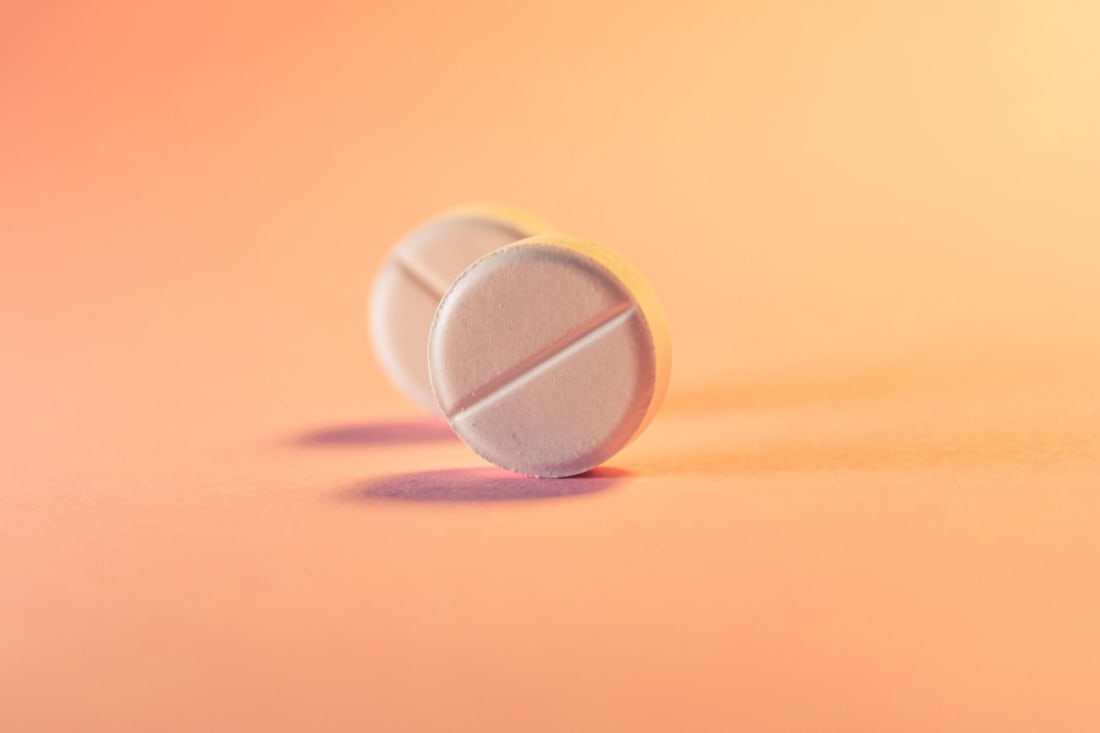HIV testing is now more accessible than ever
You can now find at home self-testing kits at your local Superdrug
You can now find at home self-testing kits at your local Superdrug
Rapid testing for HIV will now be as easy as a quick trip to your local high street, as Superdrug are now stocking self-testing kits in their stores nationwide. In a triumph for sexual health, the tests only need the user to provide a swab of their gums, which can be done from the comfort of home. Incredibly, they will produce results within just 20 minutes of the swab - meaning that individuals do not need to send their sample to a lab and wait for a response.
The new tests will be able to detect HIV antibodies that form in the mouths of those who have become infected by the virus, with over 99.7% accuracy. Prior to this, the typical form of HIV testing was performed by a blood test, which would take up to 72 hours to process and produce results. This new self-testing innovation will not only help to improve the speed of diagnosis and therefore treatment timelines, but also hopes to encourage more people to test altogether.
This endeavour to provide faster and more discreet testing options comes as a public health response to a general decrease in people testing for HIV in the UK: in 2021, there were 20% less people tested for the virus than in 2019. Health officials hope the new testing kits will help to raise testing and diagnosis rates to pre-pandemic levels.
The kits will be available to purchase both in-store and online for £29.95. For individuals who may struggle to afford this cost and are worried about going to an in-person clinic, there are additional options. For example, charity the Terrence Higgins Trust offers the opportunity to order free or low cost (£15) at-home swab and blood sample HIV tests and SH.UK offers free blood sample HIV tests and STI screening kits delivered to your door for individuals living in various areas of the UK. There is also an NHS-recommended [HIV free testing website]https://freetesting.hiv/#journey), where eligible individuals can order self-sampling kits at home.
What is HIV?
HIV (Human Immunodeficiency Virus) is a type of virus. As it progresses, the virus then weakens your immune system, hindering your ability to fight everyday infections. This is because HIV destroys CD4 T cells, white blood cells which help you fight disease.
Contracting the HIV virus can sometimes lead to a series of serious infections and illnesses known as AIDS (Acquired Immune Deficiency Syndrome) but not always. You cannot develop AIDS without already being HIV-positive.
When left untreated, HIV goes through multiple stages. The first stage is a brief and flu-like "seroconversion" illness, which is when someone with HIV is at their most infectious. This is followed by an asymptomatic stage (where the individual can still pass on HIV to someone else) which can last multiple years. After that comes symptomatic HIV where you may develop certain infections or cancers. The final phase of untreated HIV is late-stage HIV or AIDS, at which point you may struggle with cancer, tuberculosis or pneumonia.
Nowadays, there are many treatment options available but early diagnosis is vital. According to the NHS; “With an early diagnosis and effective treatments, most people with HIV will not develop any AIDS-related illnesses and will live a near-normal lifespan.”
With effective treatment, an individual may develop an undetected viral load, meaning they are not infectious.
What can be done to protect against HIV?
HIV can be contracted through sexual contact without a condom. Needle-sharing among intravenous drug users can also increase the risk of developing HIV. However, it's worth noting that individuals who have HIV but have an undetectable viral load will not be able to pass the virus on.
HIV cannot be spread by spitting, sneezing, coughing or kissing and the virus does not survive for long outside the body.
There are multiple ways to protect yourself from HIV. Harm reduction approaches to drug use, such as using clean needles, can be key. Safer sex practices such as using condoms during vaginal or anal sex are also important, as is ensuring that you and any sexual partners are attending regular sexual health screenings.
This is exactly why increased knowledge of and access to effective HIV testing is so vital.
PrEP and PEP
Various medication can also help to prevent developing HIV.
PrEP (pre exposure prophylaxis) is a combination of HIV medicines taken before and after sex which can reduce the risk of developing HIV.
PrEP can be used in two ways:
- Taking one tablet per day.
- Taking PrEP when necessary – this is known as 'event-based PrEP'. This involves taking two tablets 2-24 hours before sex, one tablet 24 hours after sex and a further tablet 48 hours after sex.
PrEP helps block the HIV virus if you are exposed to it and is preventative. PrEP is available in NHS sexual health clinics in England, Scotland and Wales and in GUM clinics in Northern Ireland. For further information consult iwantprepnow.co.uk.
PEP (PEPSE) is a combination of HIV drugs taken after an event where you are exposed to HIV. PEP helps stop the virus taking hold.
When it comes to using PEP, keep the following in mind:
- PEP must be taken within 72 hours of the event.
- It works best when taken within 24 hours.
As with PrEP, PEP will not protect you from other STIs. It's also not guaranteed to work for everyone, so is only recommended as a last resort such as in cases where a condom breaks. While it is available for free on the NHS, PEP is only prescribed to people who meet specific NHS guidelines and you may be asked about the person you had sex with, what type of intercourse it was and what their viral load is if they are confirmed to have had HIV at the time.
You can find PEP services in your area via the NHS website.
To seek sexual health-related advice or medical help, you can find your closest sexual health clinic, here. To learn more about HIV, consult the Terrence Higgins Trust website



